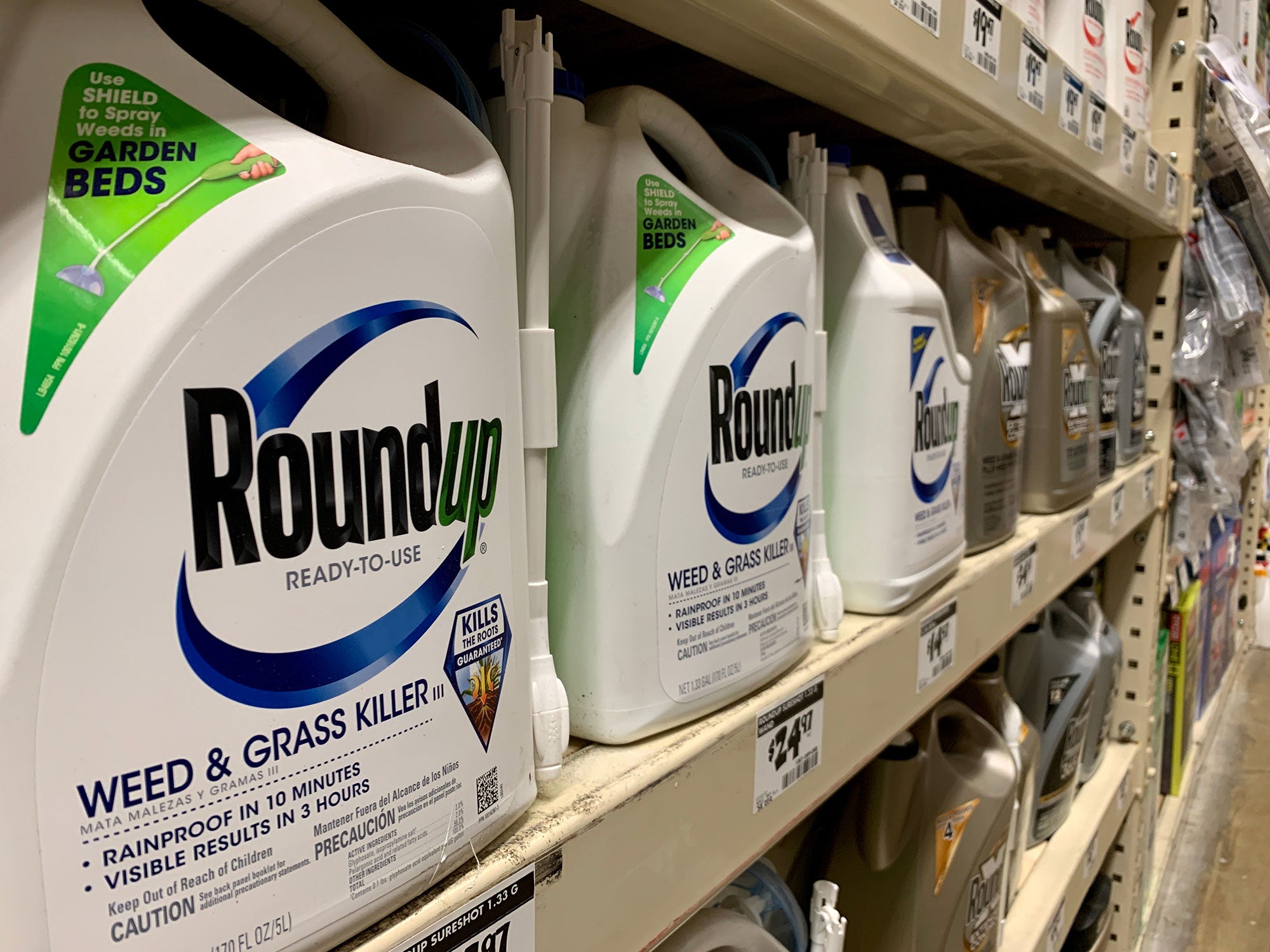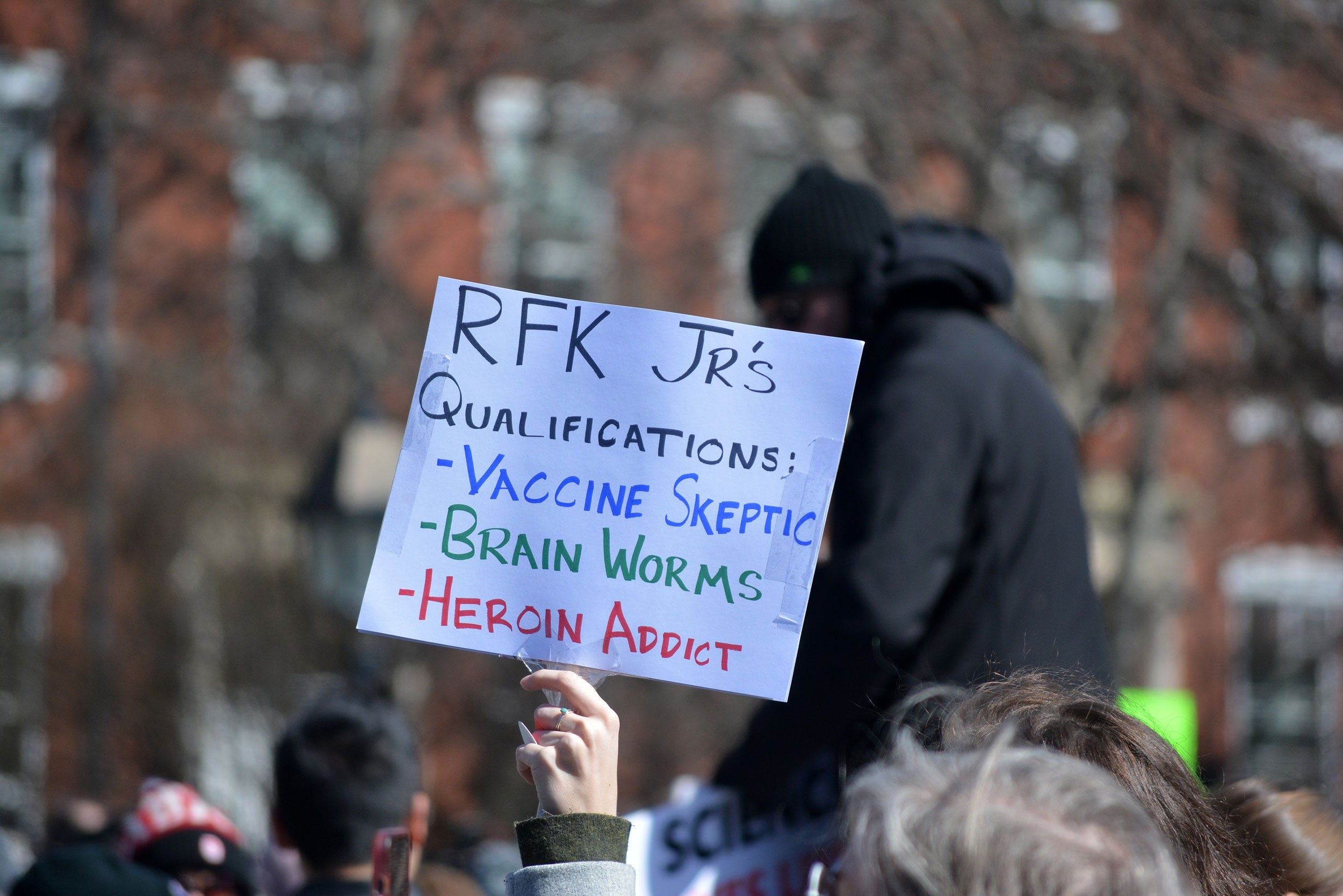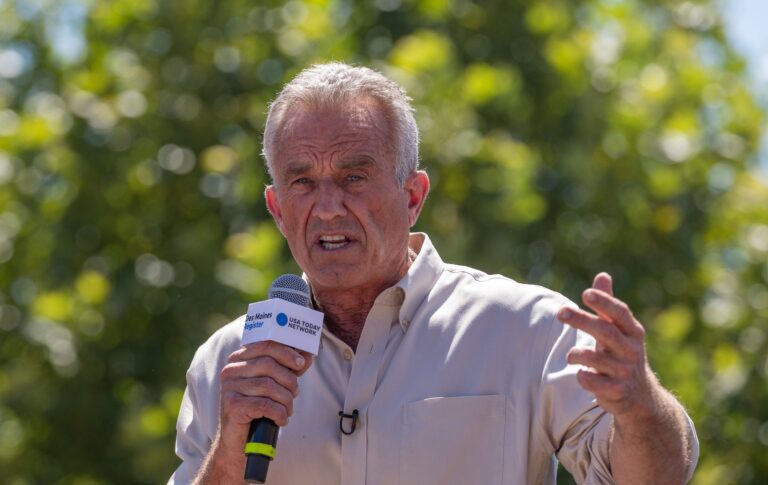With almost everyone in the agricultural industry antsy about the followup to Robert F. Kennedy Jr.’s debut MAHA Report, The New York Times began reporting Thursday evening that it has received a leaked draft of the new version, dated Aug. 6 — one that appears to temper many of the concerns ag producers would have about the Health and Human Services secretary’s attack on modern pesticide use.
According to the NYT, the draft report says that environmental regulators will work with “food and agricultural stakeholders” to ensure that the public is aware of an confident in existing pesticide review procedures, while also not proposing any new restrictions on crop protection products.
That would come in stark contrast to Kennedy’s initial report, which came out in May.
That first report, a 68-page document that was subtitled, Making Our Children Healthy Again, pointed to environmental chemicals — including pesticides such as atrazine and glyphosate, which are widely used on farms and in residential settings — as potential contributors to chronic disease in children. While the commission insisted that the report was about promoting public health, critics said it read more like a politically motivated indictment of modern agriculture and that it appeared to set the foundation for a slew of new, stricter regulations of these products.

The new draft, which likely still had revisions to go through and could be far from a final copy, was called the Make Our Children Healthy Again Strategy. According to an executive order, this draft was due to President Donald Trump on Tuesday, however most people familiar with the issue say that it will be weeks before the draft would be released to the public.
According to the NYT, in additional to scaling back attacks on pesticides, the draft of the second report looks to prioritize “whole, healthy” foods in federal programs, yet almost entirely omits references to ultraprocessed foods, something that has been a core issue of Kennedy’s MAHA campaigns.
This sounds like good news for the groups that had voiced full-throated contempt for the initial report.
A National Corn Growers Association survey — conducted between June 17 and July 2 with more than 1,000 growers — showed that losing access to herbicides such as atrazine and glyphosate would lead to higher costs and reductions in crop yields. The growers overwhelmingly indicated (85 percent) that weeds are the top pest plaguing their crops and that these were their top two herbicides of choice.
“These [survey] results are in line with what I am hearing in conversations among farmers,” said Illinois farmer and National Corn Growers Association President Kenneth Hartman Jr. “We are concerned that claims about herbicides in the pending MAHA recommendations could remove access to the tools we need to safely and sustainably produce a crop.”
The crop protection tools in question have been thoroughly tested by the U.S. Environmental Protection Agency and other regulatory bodies and shown to be safe for their intended uses. Independently, nearly all scientific bodies and associated research have also affirmed the safety of glyphosate.


Despite its urgent tone and sweeping conclusions, the initial MAHA Report relied heavily on many outdated or tangential studies to support its claims — particularly those related to agriculture and pesticides. For example, on page 38, it cites a 1982 study on insecticide residues in breast milk, despite the fact that most of the chemicals referenced have been banned or strictly regulated in the more than four decades.
Media outlets also discovered numerous phony citations that the MAHA Commission, which includes Ag Secretary Brooke Rollins, has cooked up, though it was unclear if the fabrications were intentional by members of the committee or whether there was a failure to fact-check citations created through a generated AI platform like ChatGPT.
Until a final version is released publicly, we won’t know what kind of sourcing is behind Kennedy’s sophomore smash.


:max_bytes(150000):strip_icc()/Markets-1-Soybeans-field-dramatic-up-14-5283b95420d5449fbb4c6ffaa3fa212f.jpeg)
:max_bytes(150000):strip_icc()/10621203553_e4184253b6_o-676ad5aadaf34ba5ac4d51a79d251c1f.jpeg)





:max_bytes(150000):strip_icc()/52513708671_2a6075fabe_o-dcd59efb1faf4c40afb3d8f39629aa7d.jpg)
:max_bytes(150000):strip_icc()/JaceYoung-ee4a04deb5fe4fbfa816744f027fcda5.jpg)
:max_bytes(150000):strip_icc()/pumpkins-_-cami-koons-2048x1545-b706ebeeace44615adaef29ad2c99f39.jpg)